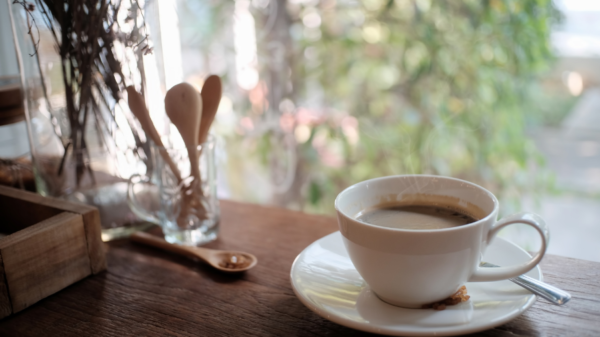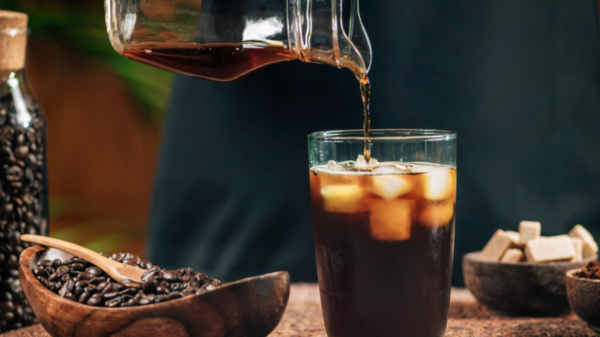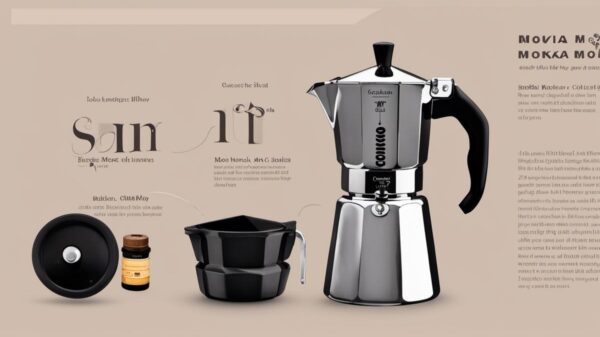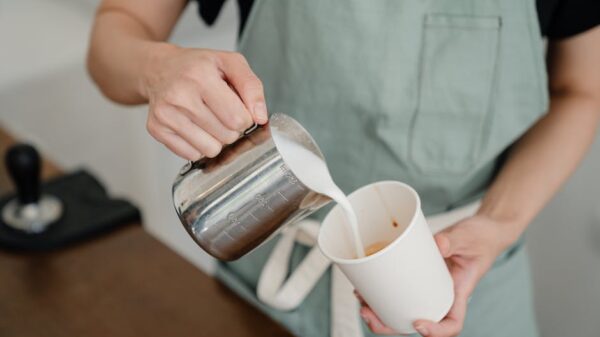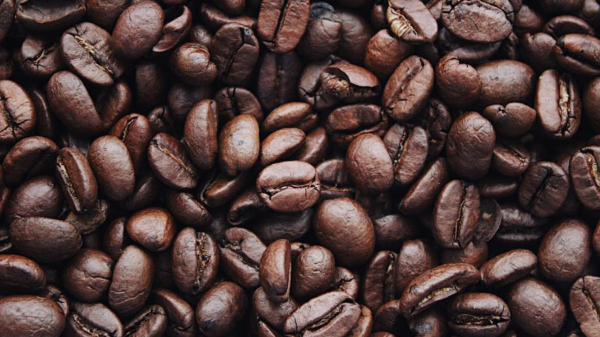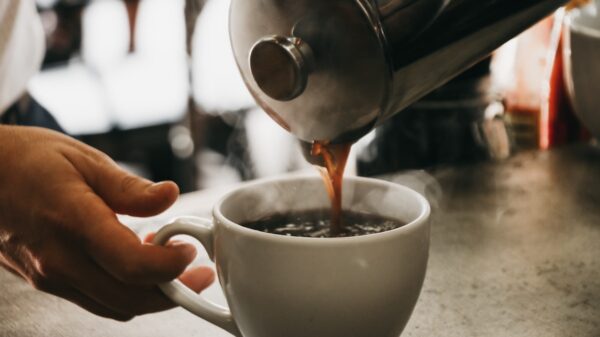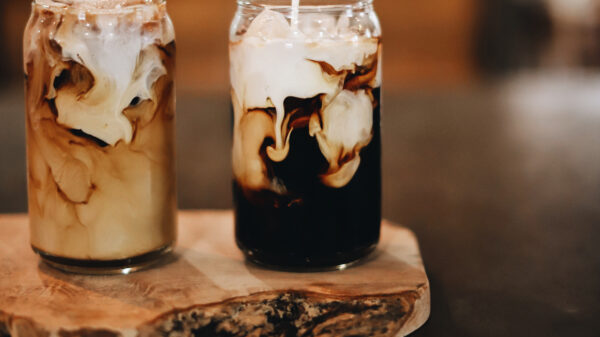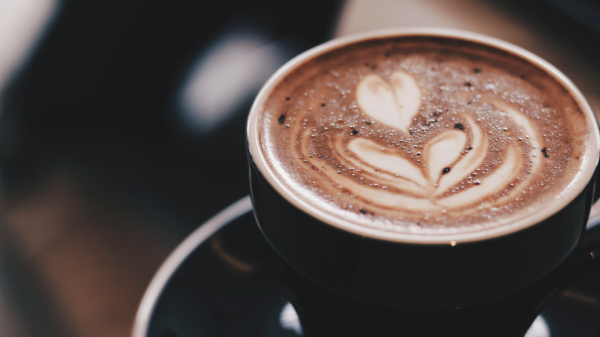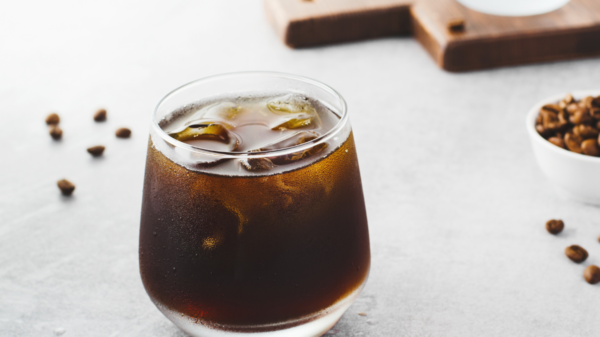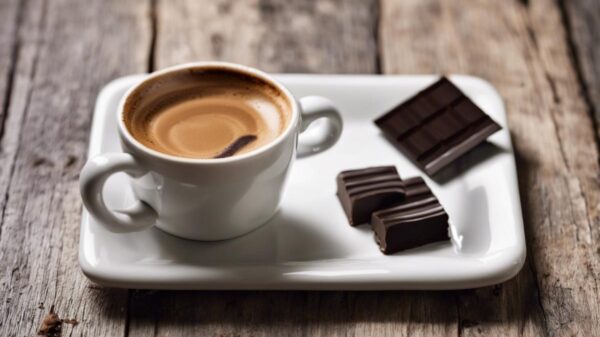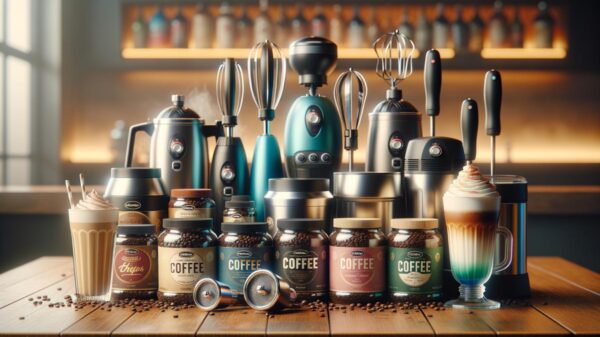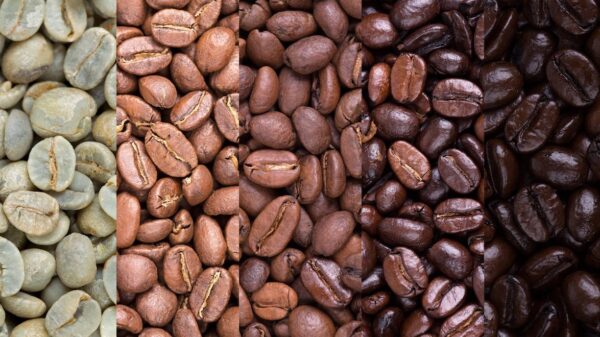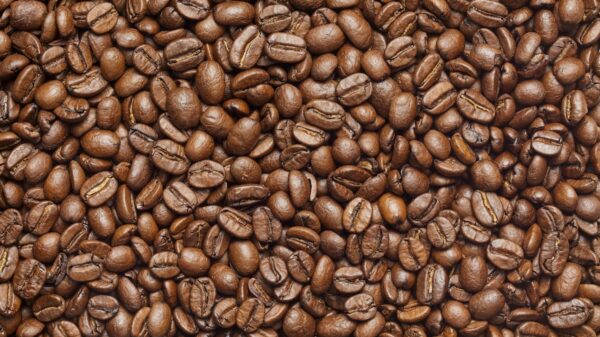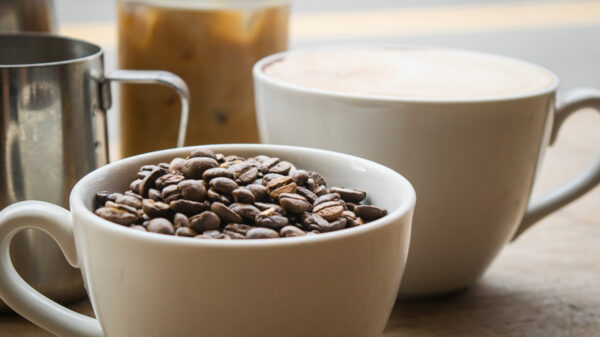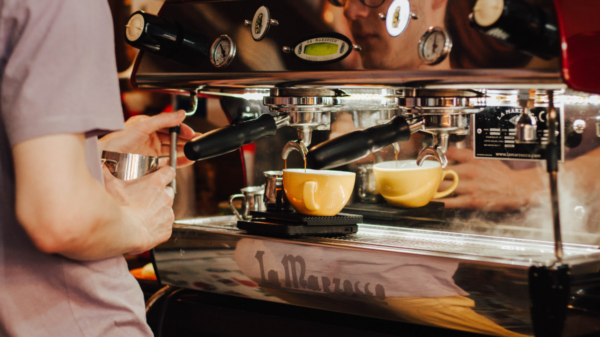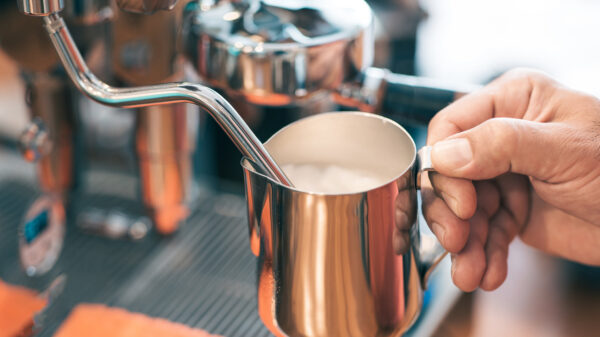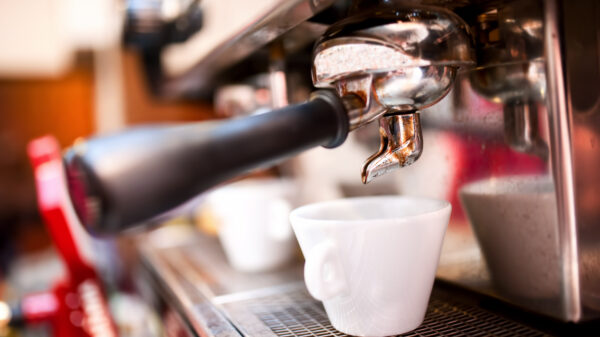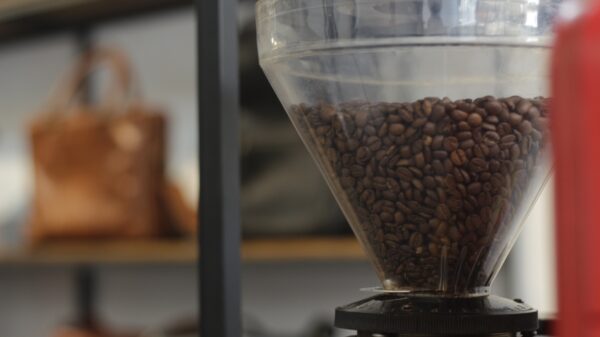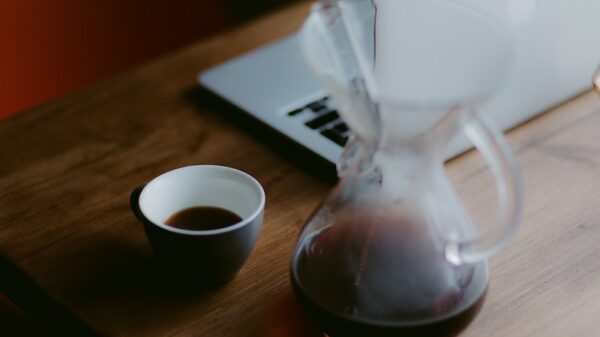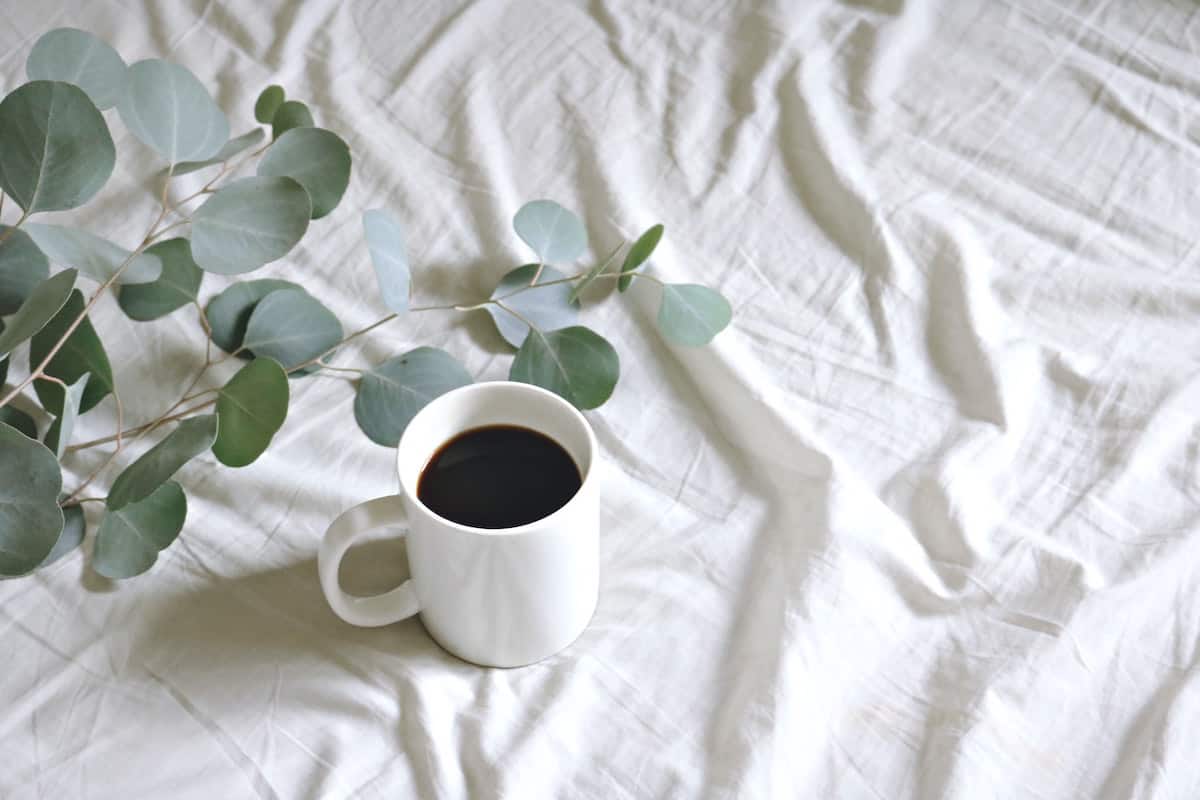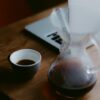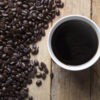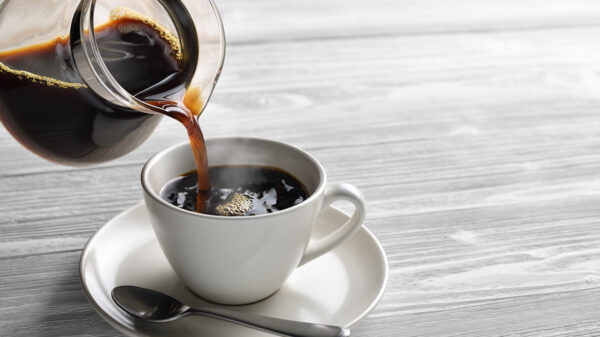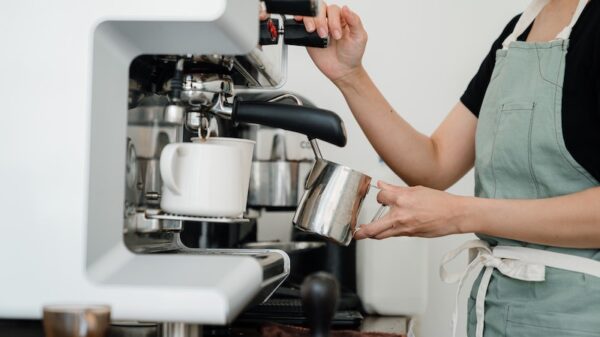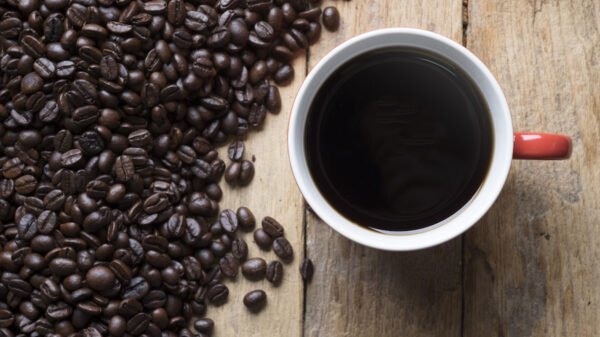Average Caffeine Content in Coffee vs. Tea
Caffeine is a stimulant that can have both positive and negative effects on your body. High doses of caffeine can lead to side effects like anxiety, jitters, and insomnia. Caffeine can also be addictive, and some people may find it difficult to cut back on their intake once they start consuming it regularly.
However, moderate amounts of caffeine are generally safe, and many people find it provides them with energy and focus. If you’re concerned about the potential effects of caffeine, talk to your doctor or another healthcare provider. They can help you determine whether caffeine is right for you and how much is safe to consume.
So, does coffee or tea have more caffeine? Coffee generally has more caffeine than tea, though this can vary depending on the type of coffee bean and brewing method. For example, Arabica beans contain less caffeine than Robusta beans. However, Robusta beans are often used in instant coffees, which tend to have higher caffeine levels overall.
Brewing methods also affect the caffeine content of coffee and tea. In general, coffee brewed using a French press or espresso machine has more caffeine than coffee brewed using a drip method. Tea brewed for a shorter time also tends to be higher in caffeine.
So, while there are some variables to consider, generally speaking, coffee does have more caffeine than tea. If you’re looking for a beverage with less caffeine, tea is a good option. However, if you’re looking for a pick-me-up, coffee is the way to go.
Caffeine Quantities
There are varying quantities of caffeine in coffee and tea because it depends on how they are brewed. Let’s take a look at varying caffeine quantities, why tea and coffee are harmful to your body, and the negative effects of coffee and tea on our bodies.
Coffee Caffeine Content
 The average amount of caffeine in a cup of coffee is 95 milligrams. However, this can vary depending on the type of coffee bean used, the brewing method, and how strong the coffee is.
The average amount of caffeine in a cup of coffee is 95 milligrams. However, this can vary depending on the type of coffee bean used, the brewing method, and how strong the coffee is.
For example, espresso typically contains more caffeine than regular drip coffee.
Caffeine is a stimulant that can help to increase alertness and energy levels. Some people may feel that they need to consume caffeine to improve their focus or concentration.
However, it is important to remember that too much caffeine can be harmful to your body and lead to side effects such as jitteriness, anxiety, and insomnia. Therefore, it is important to drink coffee in moderation.
The average cup of coffee caffeine quantity can vary quite a bit depending on the type of coffee, the brewing method, and other factors.
Some people are more sensitive to caffeine than others, so they may feel the effects of even a small amount of coffee more strongly. On the other hand, some people may not feel any effects from caffeine at all.
Decreasing Caffeine Intake From Coffee
If you’re trying to cut down on your caffeine intake, there are a few things you can do. You can switch to decaf coffee, which has very little caffeine. Or, you can try brewing your coffee with a different method, like using a French press. This typically yields a weaker cup of coffee.
You can also experiment with different types of beans to find one that has less caffeine. For example, Arabica beans generally have less caffeine than Robusta beans. Ultimately, the best way to know how much caffeine is in your coffee is to experiment and see what works for you.
Start with a small amount and increase or decrease the number of beans, brewing time, or other factors until you find your perfect cup of coffee.
Tea Caffeine Content
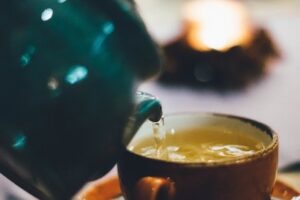 The amount of caffeine in tea can vary depending on the type of tea, as well as how it is brewed. Generally, black and green teas contain more caffeine than white or herbal teas.
The amount of caffeine in tea can vary depending on the type of tea, as well as how it is brewed. Generally, black and green teas contain more caffeine than white or herbal teas.
How much caffeine is in tea? This is a difficult question to answer because it depends on many factors, including the type of tea, how it was brewed, and how much tea was used.
Generally speaking, however, most teas contain less caffeine than coffee. Black teas usually have the most caffeine, while green and white teas have less.
Herbal teas usually have no caffeine at all. If you’re trying to limit your caffeine intake, it’s best to stick with herbal teas or green and white teas.
Brewed for longer periods, or with hotter water, will also increase the amount of caffeine in tea. Steeping tea for just a few minutes will result in a cup of tea with less caffeine.
Decaffeinated teas are also available and these can be a good option for those who are sensitive to caffeine or who want to avoid it altogether.
Is Caffeine Harmful For Your Body?
Coffee is one of the most popular drinks in the world, but it’s also one of the most harmful. Coffee contains caffeine, which is a stimulant that can cause your heart to race and your blood pressure to rise. It can also make you feel jittery and anxious and can interfere with your sleep.
Coffee can also cause indigestion and can make you more susceptible to dehydration. So if you’re looking to improve your health, it’s best to avoid coffee altogether.
Though tea is often lauded for its health benefits, there are some potential risks associated with drinking it. These risks are mainly due to the presence of caffeine and other compounds in tea, such as tannins.
Caffeine is a stimulant that can cause increased heart rate and blood pressure, as well as anxiety and other side effects. Tannins are compounds that can bind to iron and other nutrients in the body, making them less available for absorption.
Drinking large amounts of tea can also lead to dehydration and electrolyte imbalances. While tea does have some potential risks, it is generally considered safe to consume in moderation.
Coffee vs. Tea
When it comes to coffee vs. tea, there are a few key differences. For one, coffee is typically stronger in terms of caffeine content. This means that it can give you a more immediate and intense boost of energy.
Tea, on the other hand, tends to be more mellow in its effects. Additionally, coffee is usually made with hot water, while tea can be made with either hot or cold water. Finally, coffee generally has a more robust flavor than tea.
So, which is better? Ultimately, it depends on your personal preferences. If you need a quick energy boost and don’t mind a strong flavor, coffee may be the better choice. If you prefer a more mellow energy boost and enjoy the taste of tea, then tea may be the better option. Ultimately, it’s up to you to decide!
Coffee typically has more caffeine than tea, although this can vary depending on the specific types of each beverage. For example, matcha green tea generally has more caffeine than regular green tea. Some brands of coffee also contain more caffeine than others.
In general, however, coffee contains more caffeine than tea. This is because coffee beans contain more caffeine than tea leaves. Thus, when brewing a cup of coffee, more of the caffeine from the beans end up in the final drink.
In contrast, when brewing a cup of tea, less of the caffeine from the leaves ends up in the final drink. However, it should be noted that people typically consume less coffee than tea in a given sitting.
This means that, even though coffee has more caffeine per cup, people generally end up consuming less caffeine from coffee than from tea. So, while coffee typically has more caffeine per cup, this doesn’t necessarily mean that coffee will always have more caffeine overall. It all depends on how much of each beverage people consume.
Negative Effects of Caffeine In Coffee
 Caffeine can have both positive and negative effects on our bodies. When we drink coffee, the caffeine enters our bloodstream and travels to our brains.
Caffeine can have both positive and negative effects on our bodies. When we drink coffee, the caffeine enters our bloodstream and travels to our brains.
There, it binds to receptors and blocks the neurotransmitter adenosine from binding.
This increased activity can lead to feelings of alertness and energy. While coffee has many health benefits, it’s important to moderate your intake to avoid these negative effects.
Negative Effects of Caffeine In Tea
Caffeine is a chemical that is found in many plants, including tea leaves. It acts as a natural pesticide, protecting the plant from insects and other predators.
Caffeine is also a stimulant, and it is this property that has made it so popular as a beverage ingredient. However, caffeine can also have some negative effects on the human body, particularly when consumed in large quantities.
Caffeine is a central nervous system stimulant, which means it can increase alertness and energy levels. However, it can also cause side effects such as anxiety, restlessness, and insomnia. Caffeine can also exacerbate existing medical conditions such as heart disease, high blood pressure, and glaucoma.
Pregnant women are advised to limit their caffeine intake as it can increase the risk of miscarriage, low birth weight, and premature birth. Children and adolescents are also more susceptible to the negative effects of caffeine, so they need to limit their intake as well.
While moderate caffeine consumption is generally safe, it is important to be aware of the potential side effects. If you are pregnant, breastfeeding, or have any medical conditions, it is best to consult with a healthcare professional before consuming caffeine.
In summary, the caffeine levels in coffee and tea vary by how it is brewed but coffee generally has more caffeine than tea. I trust this article provided you insight before you pick up your next latte or brewed tea at your local coffee shop.

